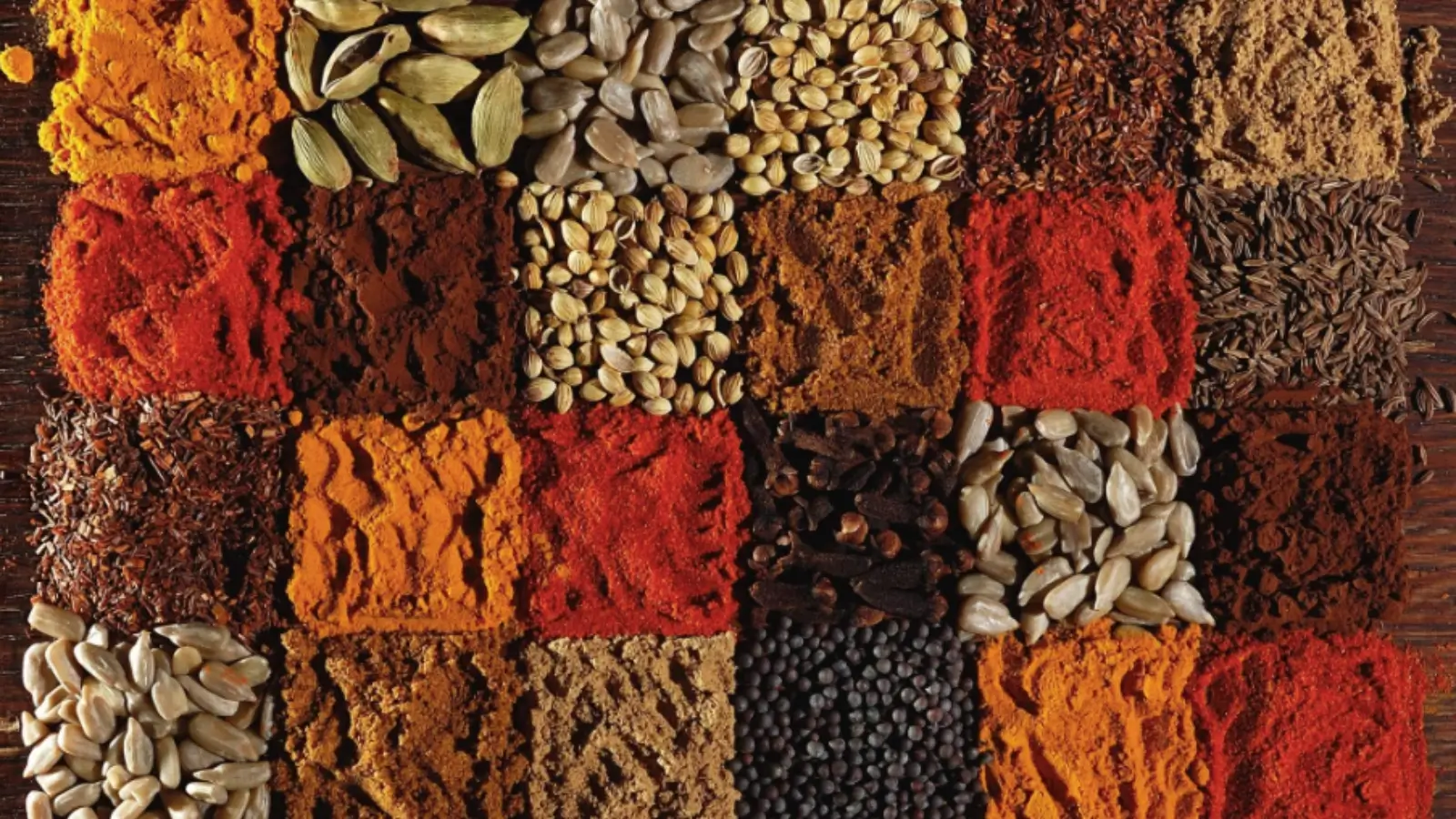


Walk into a professional kitchen at the wrong time of day and the first thing you’ll notice is not the heat, not the clatter of pans, but the air. A thick cloud of scent—pepper biting your nose, cardamom lifting sweet notes, cumin heavy and earthy. Spices are not extras; they dictate mood and memory. For those running food businesses, relying on retail shelves is impractical, sometimes reckless. They need bulk, steady supply, predictable flavour. This is why wholesale spices for sale aren’t just about money saved, but the foundation of consistency in cooking.
If you strip a cuisine of its seasonings, what remains? Italian food without oregano and basil becomes plain bread and tomatoes. Mexican food without chilli turns flat. In Japan, sans shiso or sansho, the subtlety collapses. Spices are not garnish; they are signatures of culture. This explains why chefs sourcing in bulk don’t just buy “ingredients.” They are, in a sense, buying authenticity. Lose that, and you risk serving food that is unrecognisable to the very culture it came from.
Here’s a detail often overlooked. A restaurant doesn’t buy cumin in kilograms because it cooks more than you do at home. It buys bulk to protect continuity. Imagine a popular curry house switching between different batches of coriander seed every week—suddenly, the flavour balance shifts. Regulars will notice, even if they can’t name what’s missing. Wholesale supply creates stability: the same batch, same potency, same profile, carried across service after service. It’s not cost that matters most here, but sameness. In food, sameness is trust.
Many assume buying large sacks is always an advantage. It isn’t. Bulk can also mean cheap fillers—powders stretched with husks, or cloves stripped of essential oils. Weak cinnamon is worse than no cinnamon at all; it deceives rather than delivers. Serious kitchens know the trick: whole over ground, reputable supplier over bargain price. Buying poor quality in bulk is like filling your tank with watered petrol—technically cheaper, but destructive in the long run. For this reason, buyers looking for wholesale spices for sale often spend as much time investigating suppliers as they do cooking with the product.
There’s an invisible economy inside a dish. A café serving spiced chai depends on its cinnamon, cardamom, ginger to be precise every single morning. If one spice falters, the whole drink collapses. Customers don’t come back for “close enough.” They come back for exactly what they tasted before. Here’s the uncomfortable truth—spices can build or break reputation faster than décor, faster than staff smiles. They are business currency, silent but powerful.
You don’t just buy bulk and dump it in the pantry. The enemy is air, light, and carelessness. Ground spices, left unprotected, lose their fire in months. Whole seeds? They’ll keep for years if sealed, ground fresh when needed. Many professional kitchens rotate stock with discipline that borders on military—first in, first out, nothing wasted. This routine might sound tedious, but it’s what keeps flavour sharp. Bulk only works when storage matches discipline. Without it, you’re just buying bigger bags of disappointment.
Menus are shifting. Ten years ago, few cafés in Europe stocked za’atar; now it’s sprinkled on flatbreads everywhere. Harissa, once confined to North Africa, finds its way into fusion tacos. Diners travel through television, Instagram, food blogs—they want the adventure on their plates. But sourcing rare spices retail? Impossible at scale. Wholesale options make it viable for chefs to experiment without rationing. Bulk here doesn’t just support tradition, it feeds innovation. Without access to variety, menus stagnate.
There’s another layer too—where did the spice come from? Was it farmed in a way that sustains soil, or stripped bare for short-term profit? Did the farmer receive a fair wage, or did profit evaporate higher up the chain? Consumers are asking these questions now. And kitchens know the answers matter. Choosing bulk suppliers who care about origin is not simply branding—it’s survival in a world where ethics influence loyalty. Wholesale, when sourced right, strengthens both dish and conscience.
Spices aren’t decorative dust; they’re anchors of flavour and memory. A restaurant thrives not only on technique but on the hidden strength of its pantry. Securing wholesale spices for sale is less about discount, more about control—control over taste, authenticity, ethics, and identity. Without them, kitchens falter. With them, they flourish.